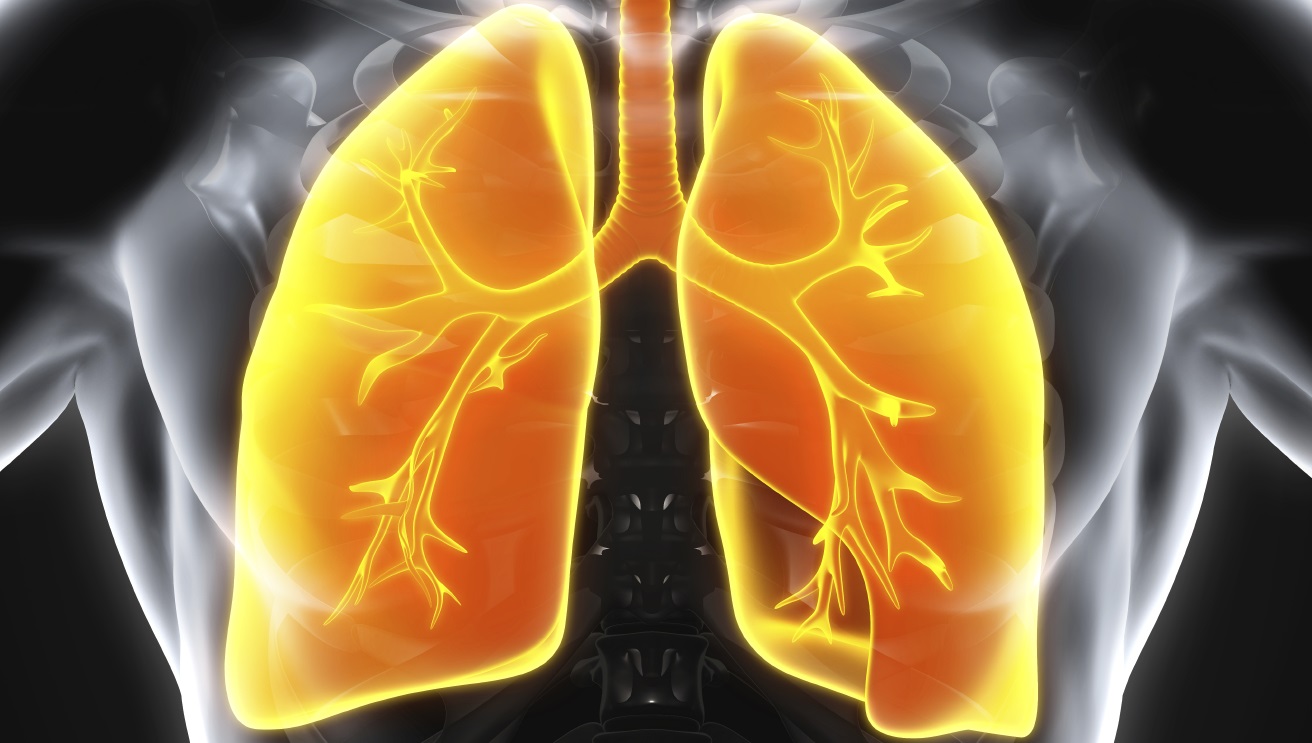WCLC: Data back first-line use of Gilead, AZ/Daiichi TROP2s

AstraZeneca/Daiichi Sankyo and Gilead Sciences have reported preliminary results of studies that suggest their TROP2-targeted antibody-drug conjugates (ADCs) could have a role to play as a first-line therapy for non-small cell lung cancer (NSCLC).
At the World Conference on Lung Cancer (WCLC), Gilead unveiled data from its phase 2 EVOKE-02 study of already-approved TROP2 drug Trodelvy (sacituzumab govitecan), showing what it said was "promising " efficacy when combined with MSD's checkpoint inhibitor Keytruda (pembrolizumab) and chemotherapy in patients with advanced or metastatic NSCLC without genomic alterations that make them candidates for targeted therapy.
Meanwhile, AZ and Daiichi Sankyo reported early data from their phase 1/2 TROPION-Lung04 study, which showed the value of combining their candidate datopotamab deruxtecan with AZ's checkpoint inhibitor Imfinzi (durvalumab) and chemo.
In EVOKE-02, the triple therapy achieved an objective response rate (ORR) of 56%, with a disease control rate (DCR) – i.e. including tumours that did not get any bigger – of 82%. The therapy was more effective in NSCLC with higher levels of the PD-L1 marker (≥ 50%) than those with lower levels (< 50%) with ORRs of 69% and 44% and DCRs of 86% and 78%, respectively.
On safety, the most common side effects attributed to treatment were diarrhoea, anaemia and feelings of weakness, and discontinuation rates due to adverse events were 18%. There was one treatment-related death due to sepsis.
Gilead said the results are the first to show potential to extend the uses of Trodelvy from its current indications in breast and bladder cancer into lung cancer. It is also running a phase 3 trial – EVOKE-03 – of Trodelvy plus Keytruda versus Keytruda monotherapy for previously untreated patients with PD-L1-high metastatic NSCLC.
Turning to datopotamab deruxtecan, in TROPION-Lung04 patients on triple therapy achieved an ORR of 77%, compared to 50% for datopotamab deruxtecan plus Imfinzi. The DCR was much the same with dual and triple therapy at 93% and 92%, respectively.
The results come a few weeks after AZ and Daiichi Sankyo reported the results of the TROPION-Lung01 study of datopotamab deruxtecan monotherapy in second-line NSCLC, which showed improvements in progression-free survival and a trend towards improved overall survival compared to standard chemo with docetaxel.
The efficacy in that trial was offset, however, by cases of interstitial lung disease (ILD) that raised some concerns among investors, and shares in AZ fell after the data reveal, which had been billed as one of the top oncology trial readouts for 2023.
The TROPION-Lung04 data revealed four cases of ILD, although none of them were fatal. That ties into Daiichi Sankyo's view that ILD tends to be more common and serious in patients the more prior treatments a patient has received, which was also backed up by another study reported at WCLC for HER3 ADC patritumab deruxtecan.
While the study is very small – with just 13 patients in the triple therapy arm and 14 patients on dual therapy – AZ and Daiichi Sankyo said the results point to the potential for the ADC in first-line NSCLC as they run three additional studies in this patient setting.
Those include the TROPION-Lung07 study of the ADC plus Keytruda with or without chemotherapy non-squamous NSCLC and PD-L1 expression less than 50%, and TROPION-Lung08 looking at a combination with Keytruda in those with PD-L1 expression of 50% or more.
The third trial, AVANZAR, is investigating datopotamab deruxtecan plus Imfinzi and carboplatin in NSCLC patients regardless of PD-L1 expression levels or genomic alternations.













